The cryptocurrency industry, once vocal about defending free speech, is now facing criticism for its silence. Following the tragic murder of Charlie Kirk last week, President Trump launched a wave of mass firings targeting teachers, government workers, and ordinary citizens over social media activity. Civil liberties groups warn these actions resemble McCarthy-era purges, yet much of the crypto community has remained quiet—or even supportive.
Bitcoin was built on libertarian ideals of trustlessness and freedom, and free speech has long been central to the crypto ethos. During President Biden’s term, industry leaders loudly opposed deplatforming, framing it as a direct assault on freedom. Now, with free expression under clear threat, that same energy appears absent.
Some figures, like David Bailey, condemned Kirk’s killing as a free speech attack but stopped short of criticizing Trump’s crackdown. Others have shifted their stance entirely. Cardano founder Charles Hoskinson, once a strong defender against corporate censorship, now argues that free speech doesn’t mean consequence-free speech and supports businesses choosing who to platform.
This silence and reversal mark a striking shift in values. Earlier this year, the crypto industry rallied successfully around free expression, gaining broad support. Today, with Trump closely tied to many industry donors, its leaders are hesitant to oppose him—even as the FCC threatens broadcasters and civil liberties erode.
The response highlights how much the crypto world has changed. Once united under principles of decentralization and liberty, the community now appears divided, cautious, and in some cases complicit. This moment serves as a revealing test of what the industry truly values—and whether free speech remains among its core principles.








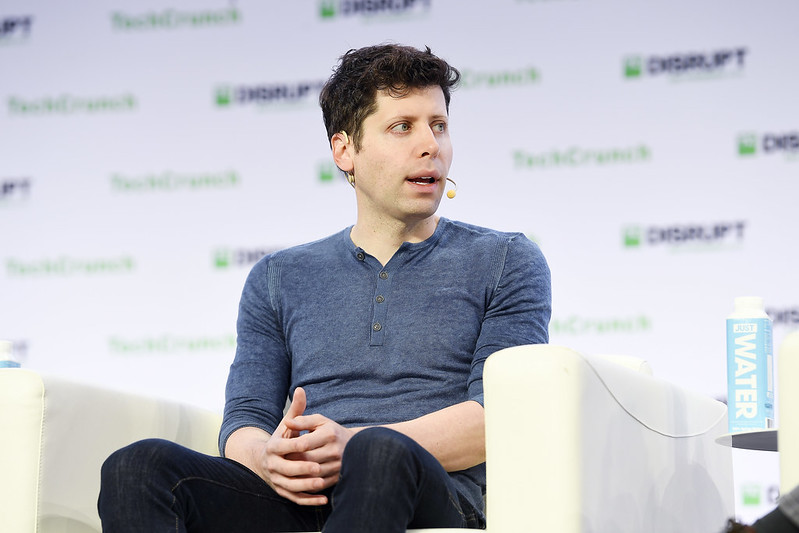


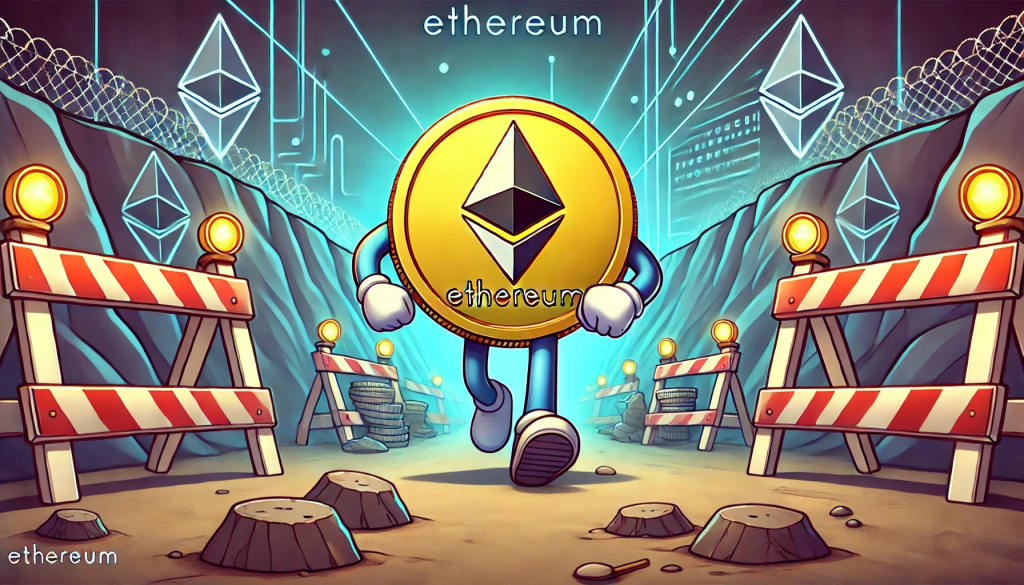



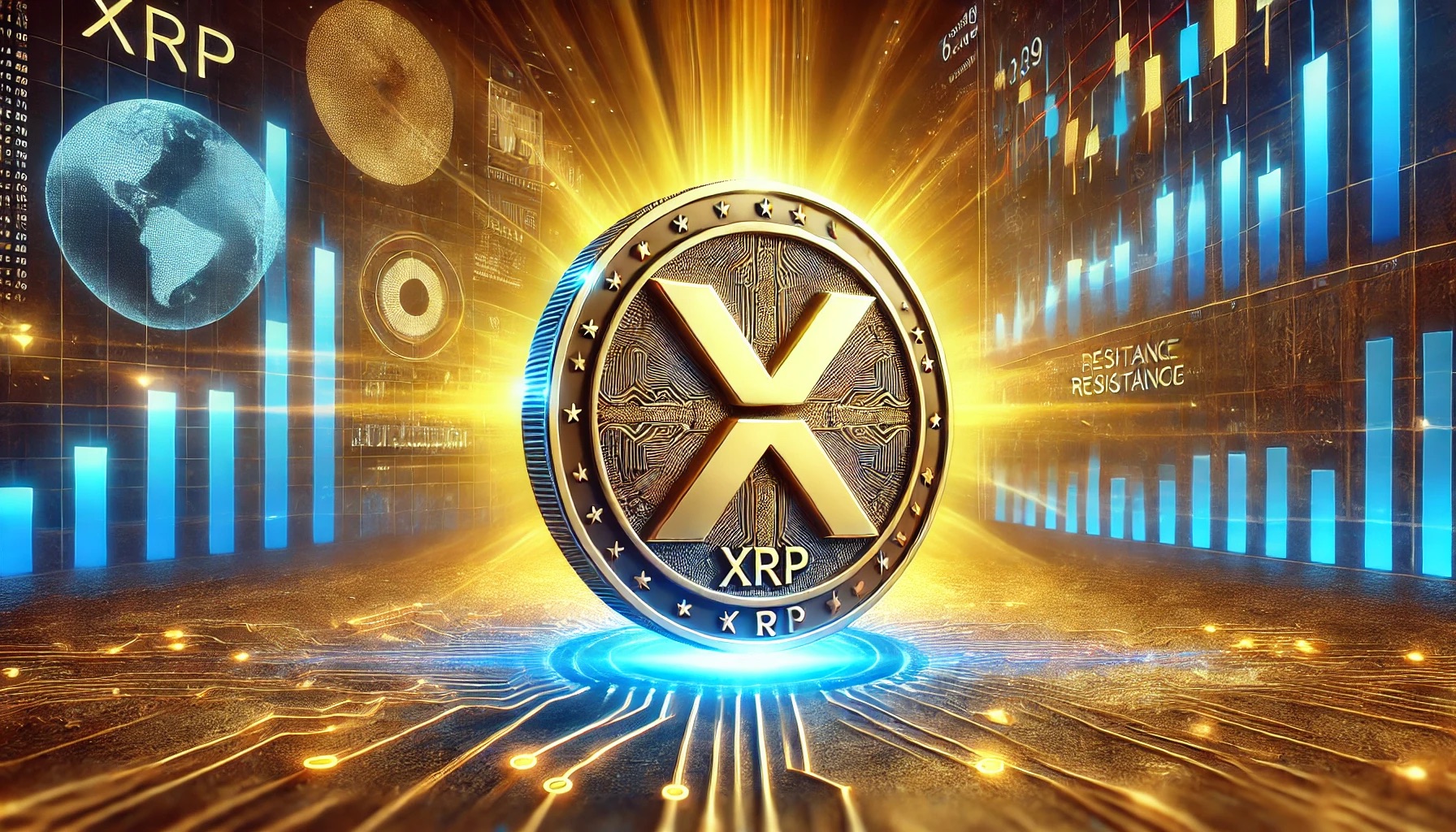




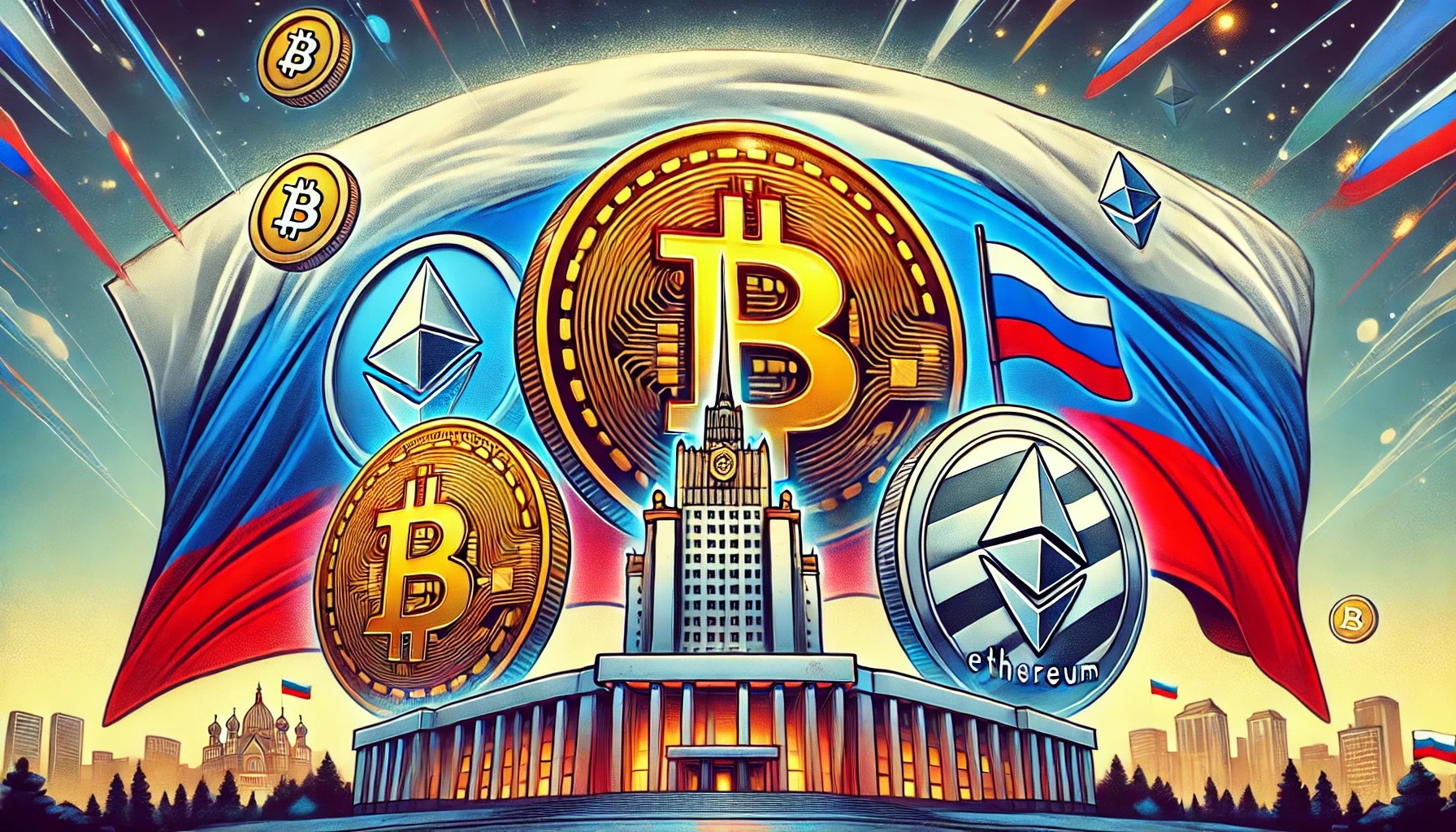
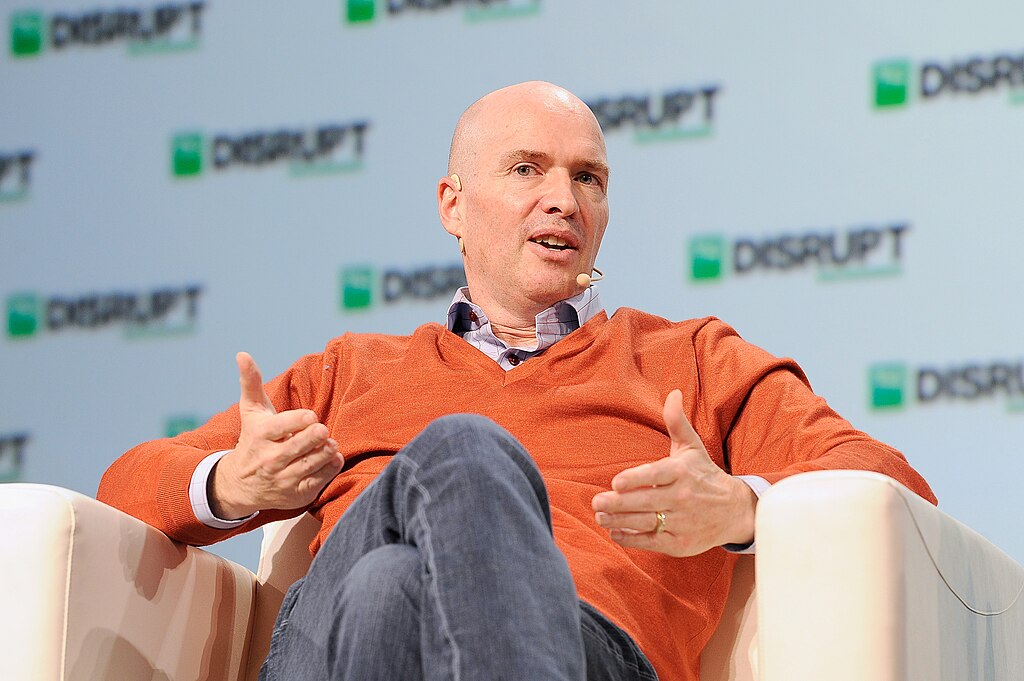
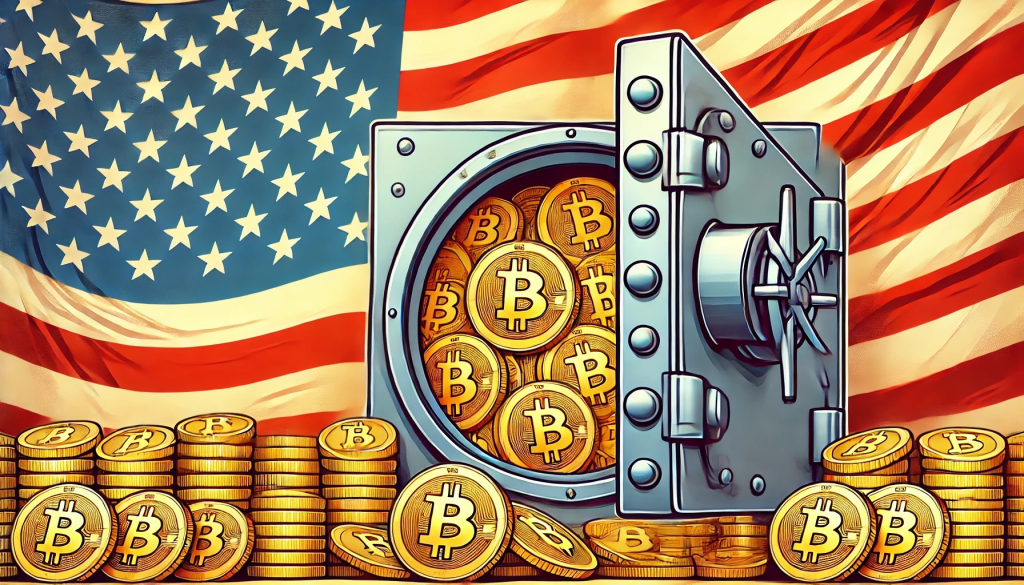
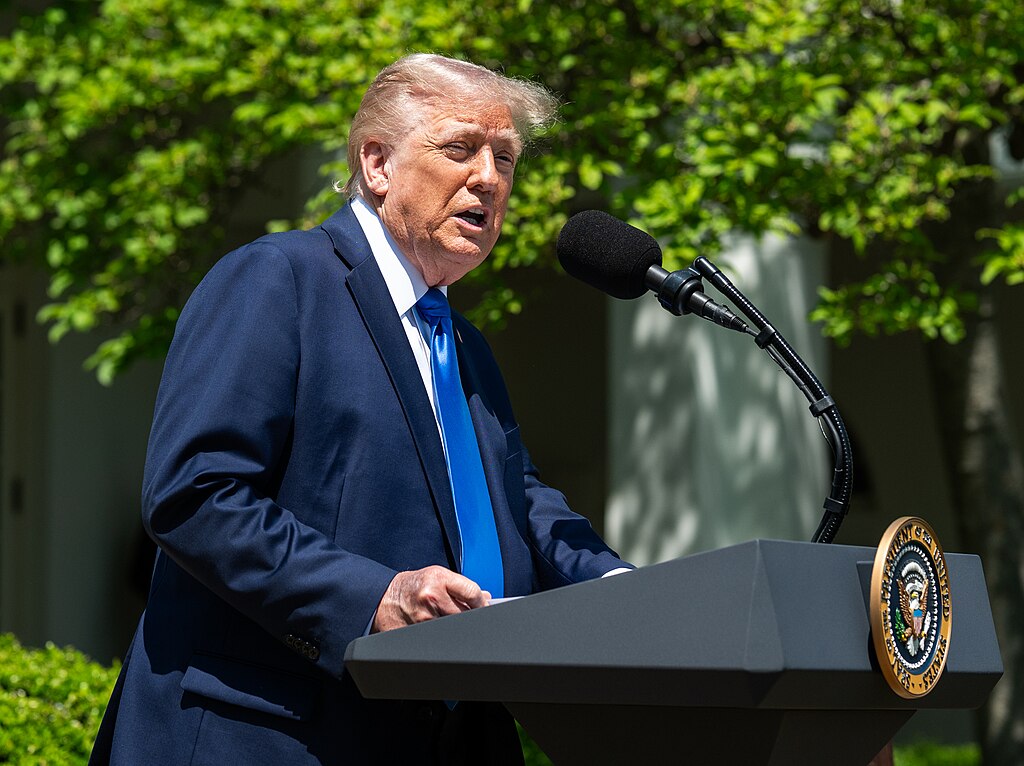
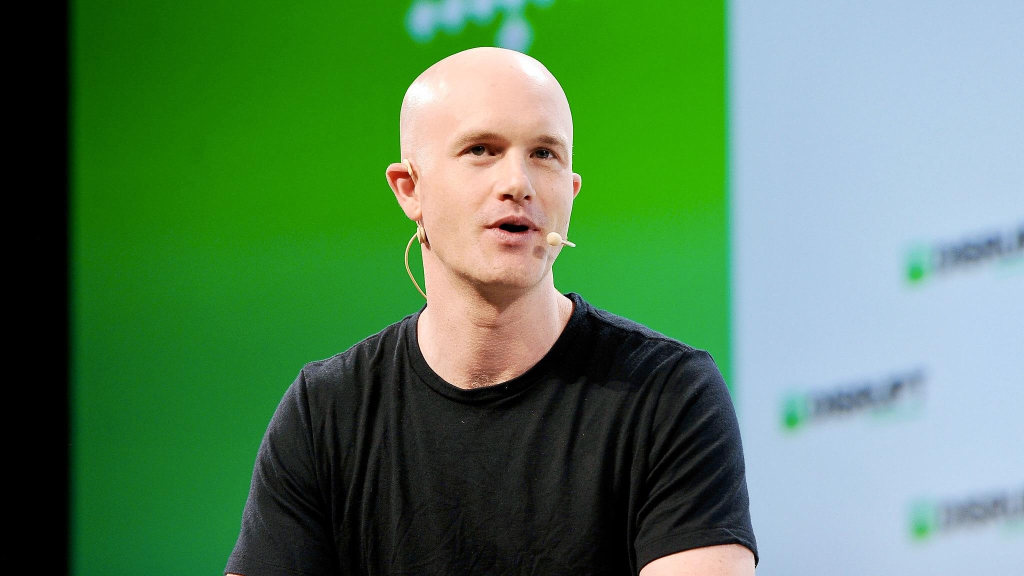
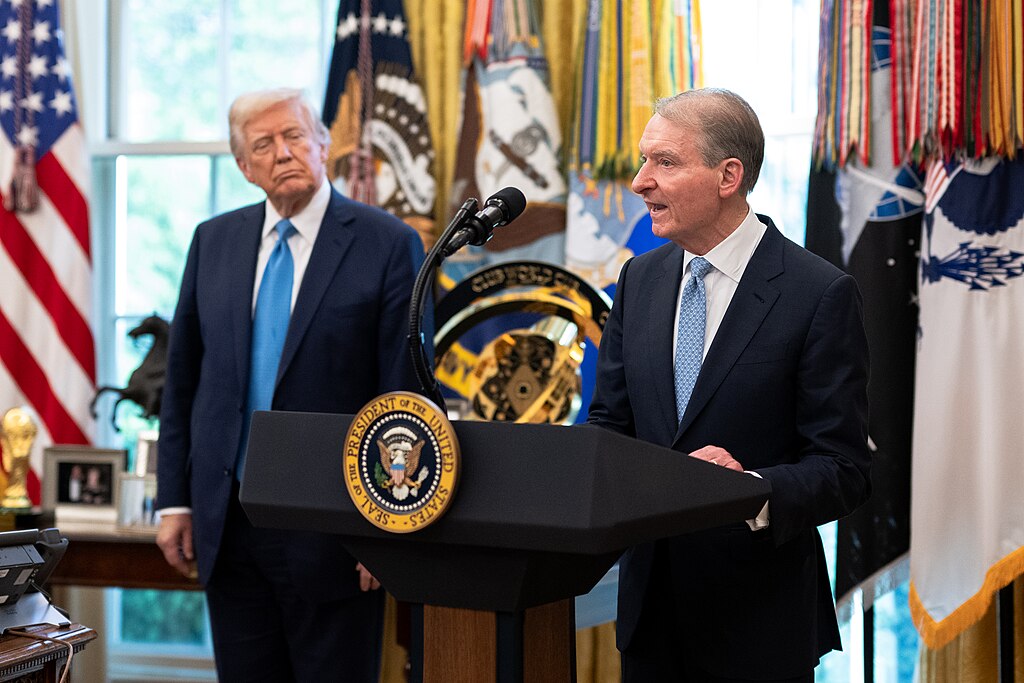
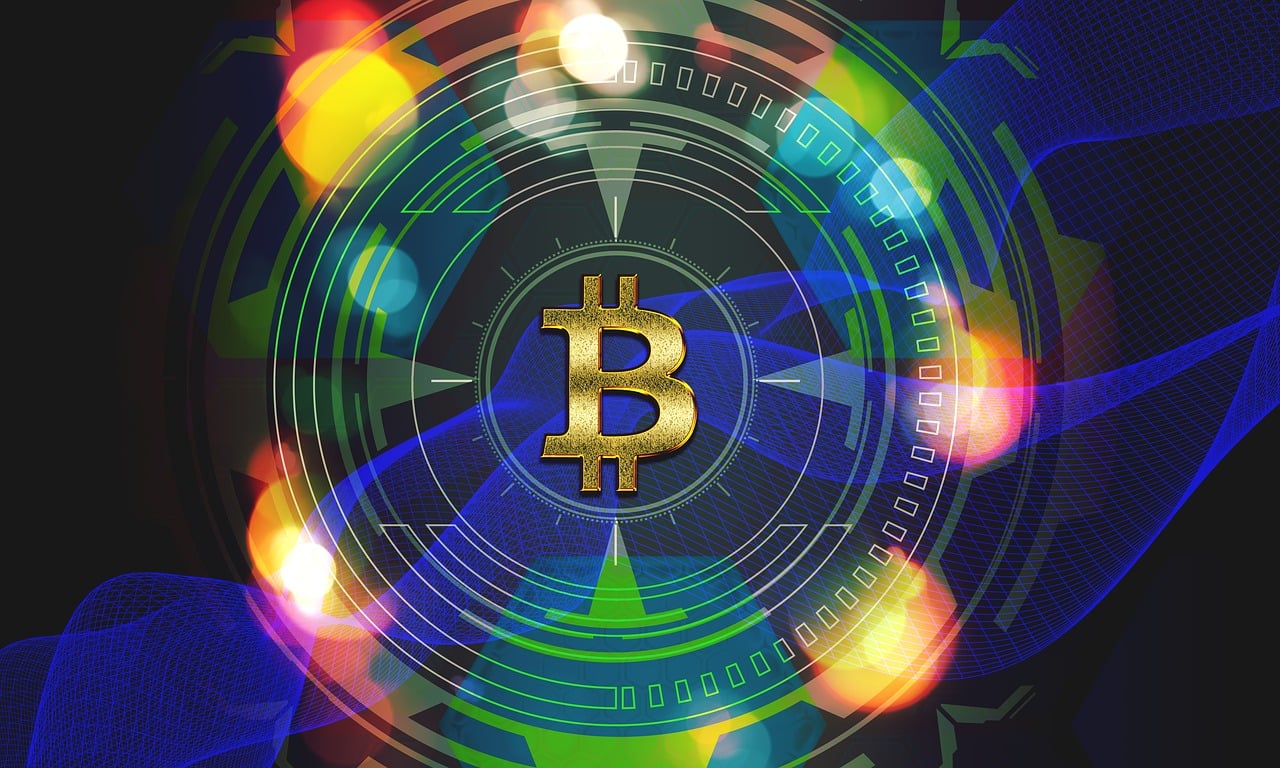

Comment 0